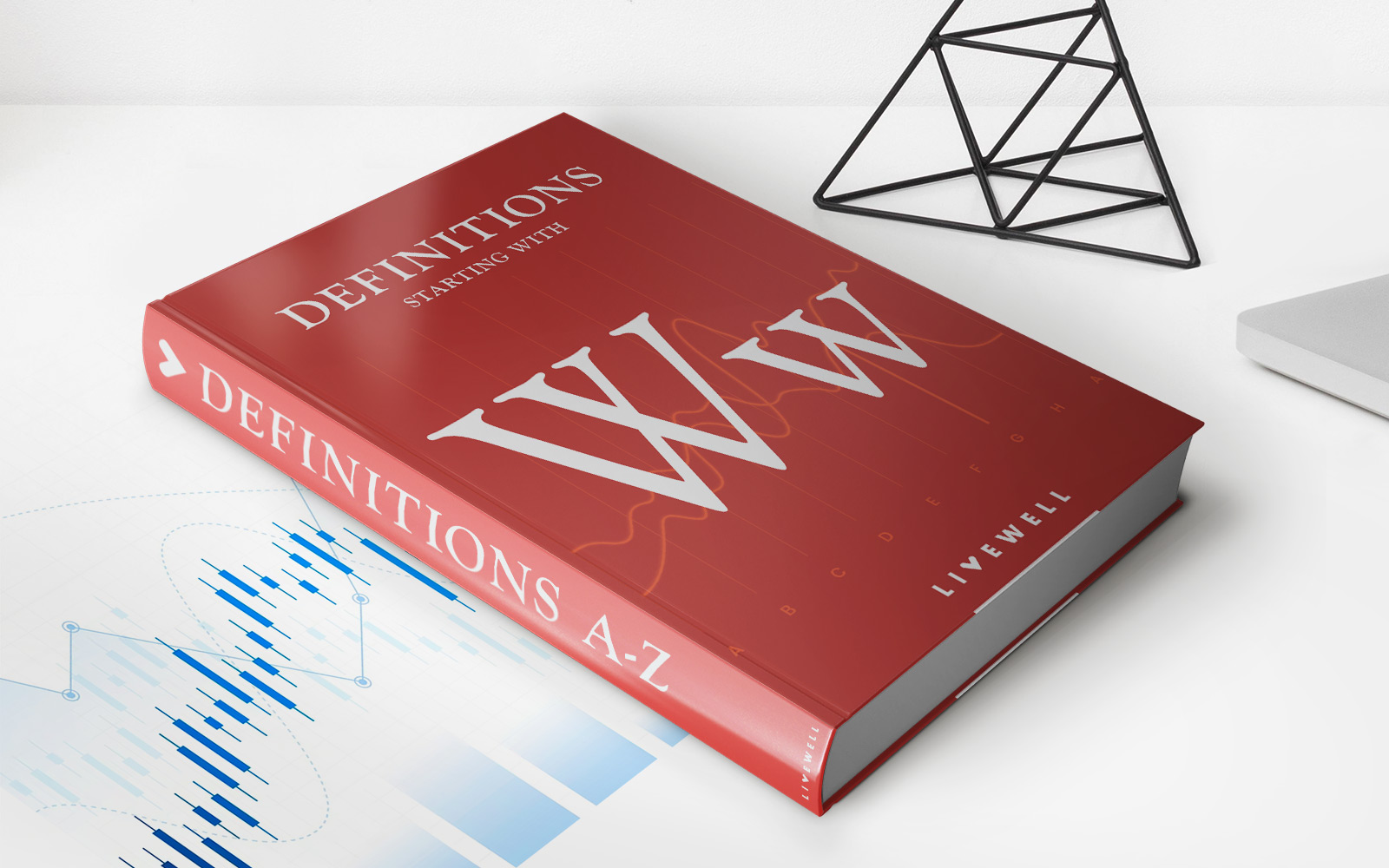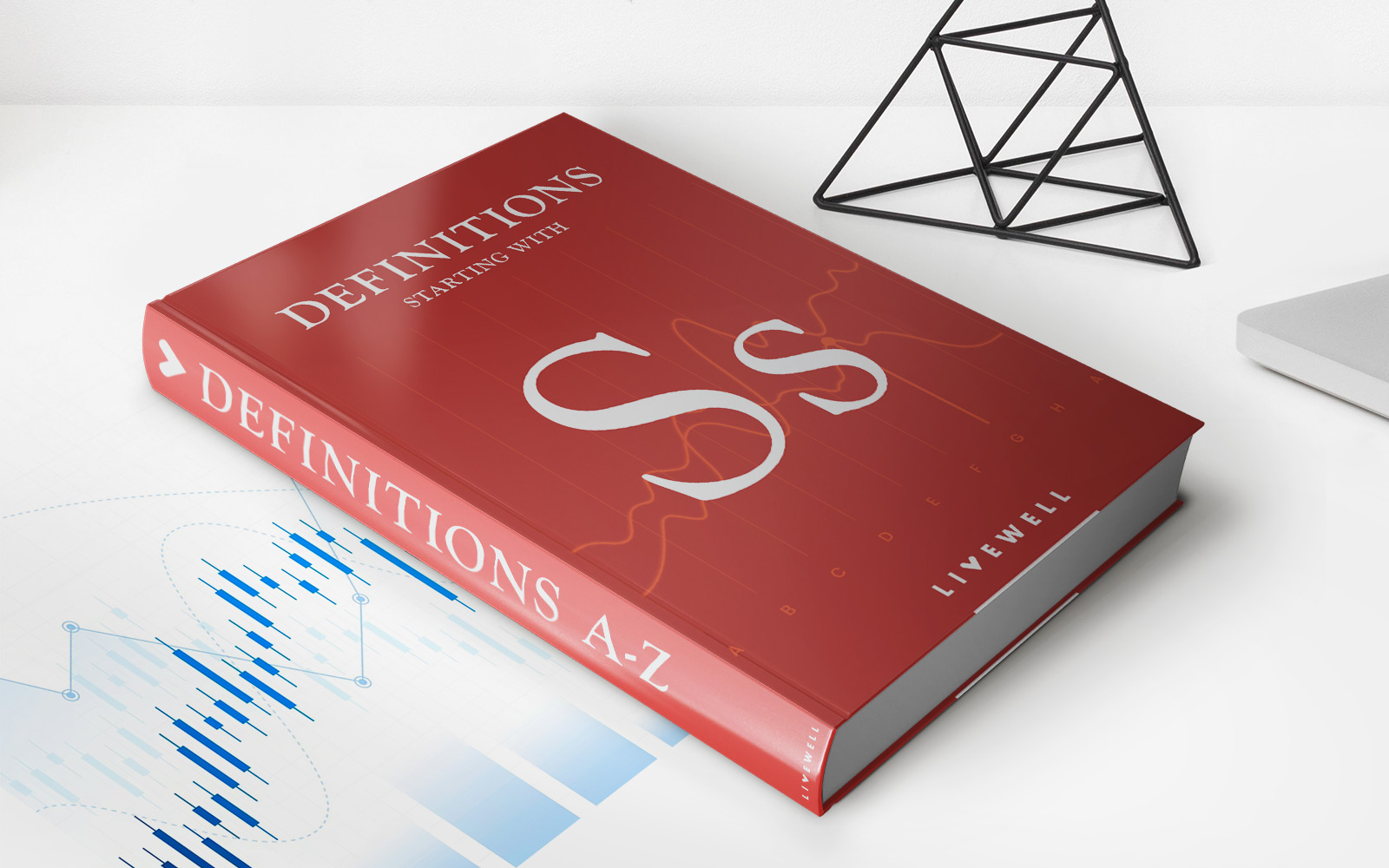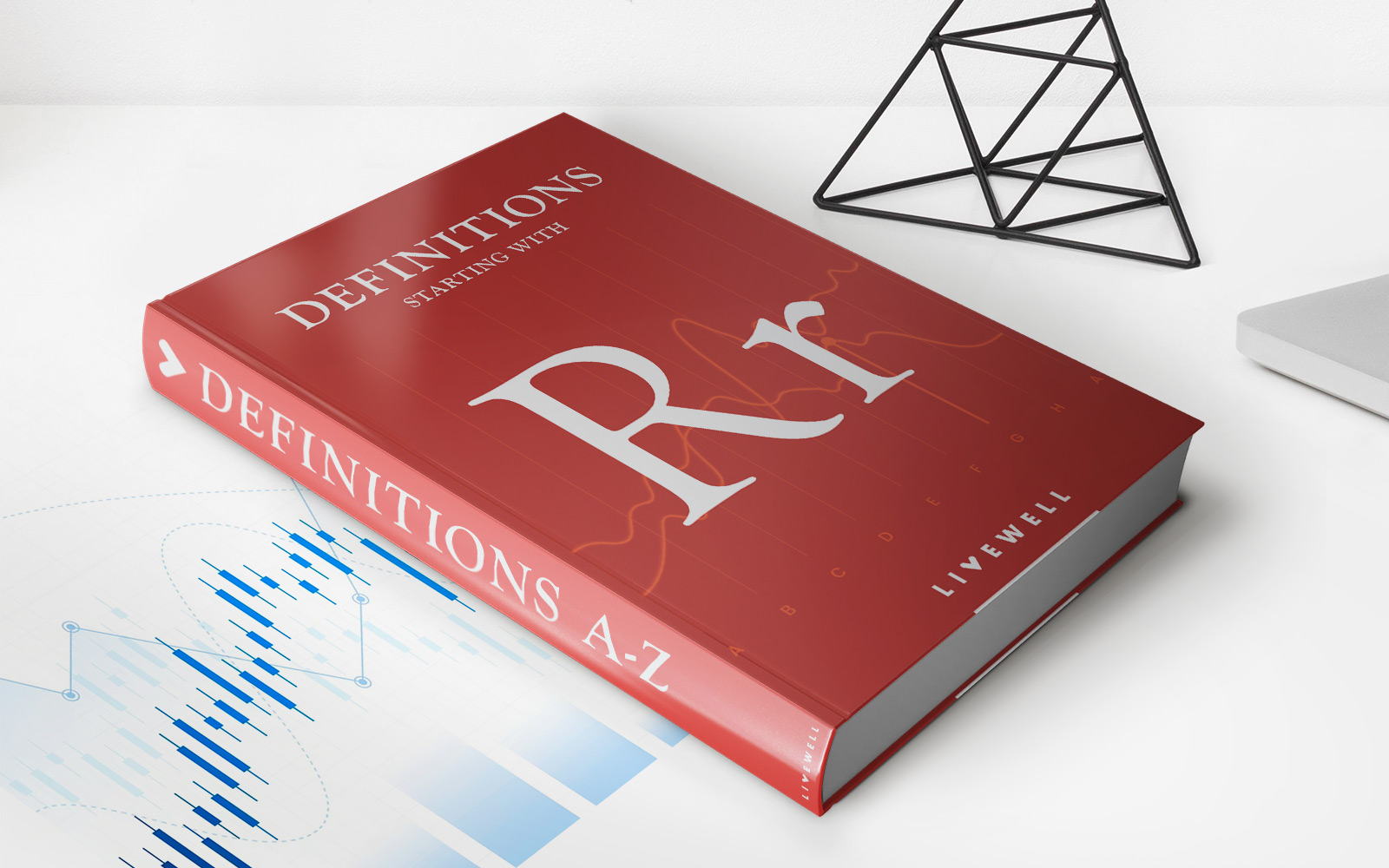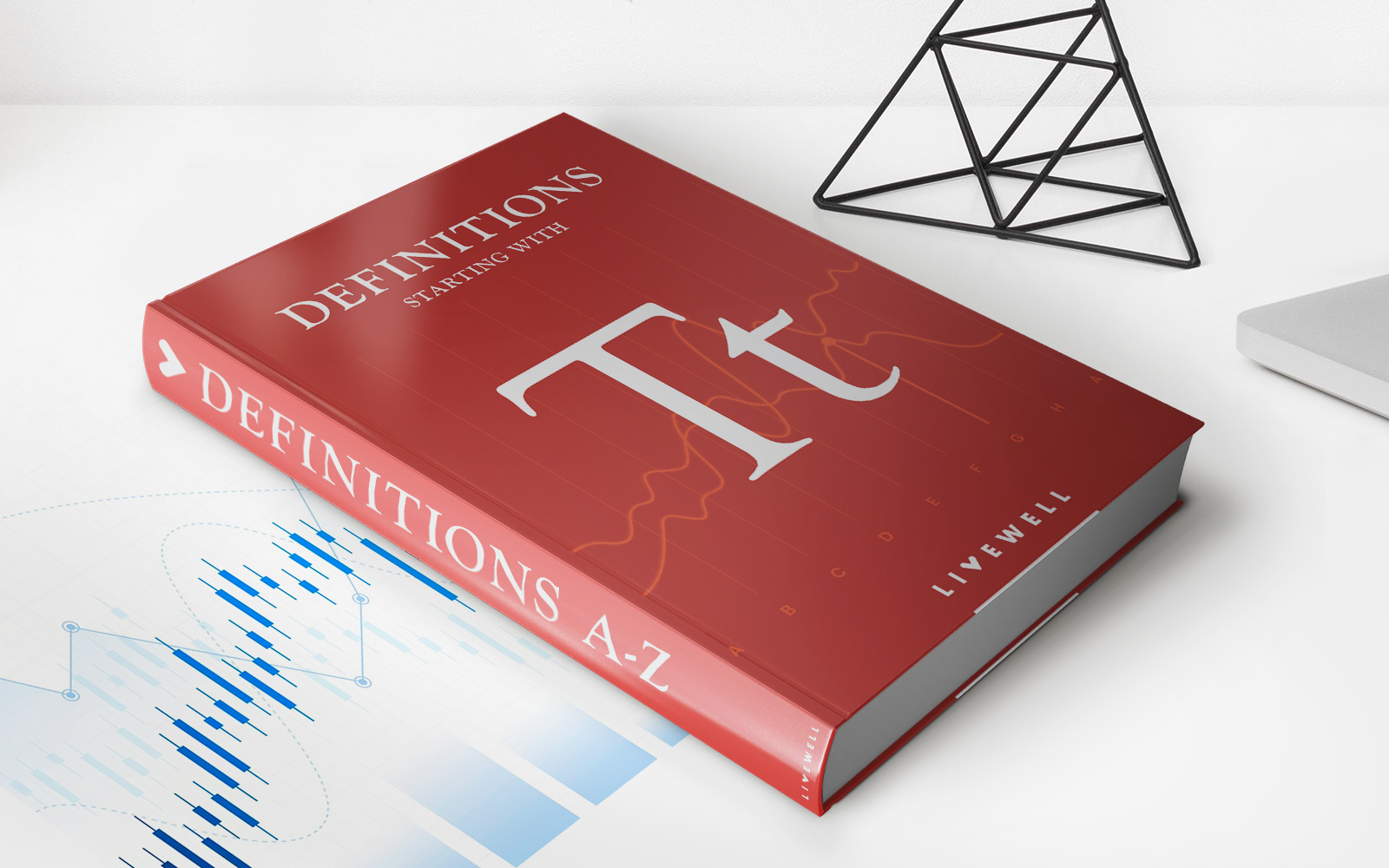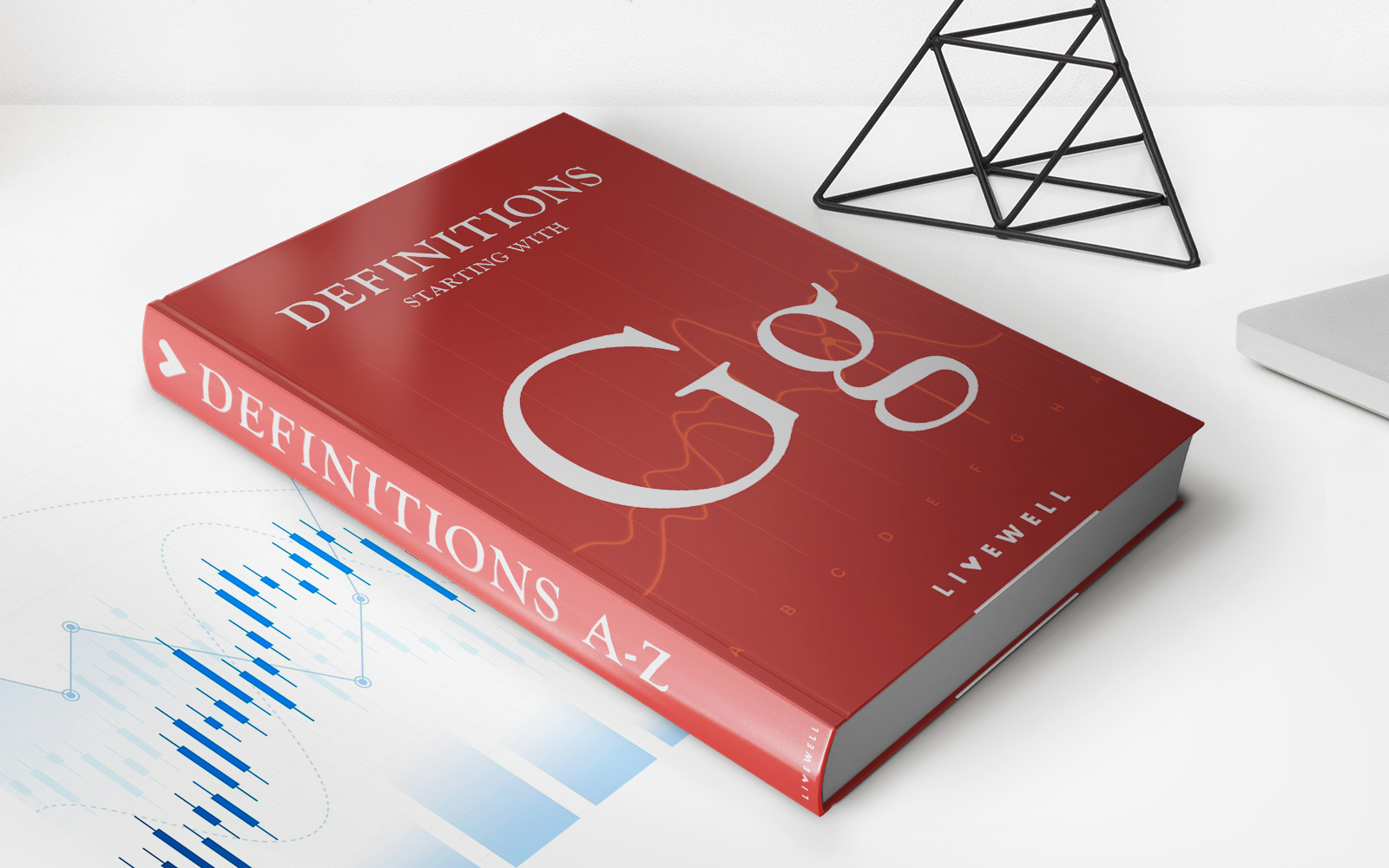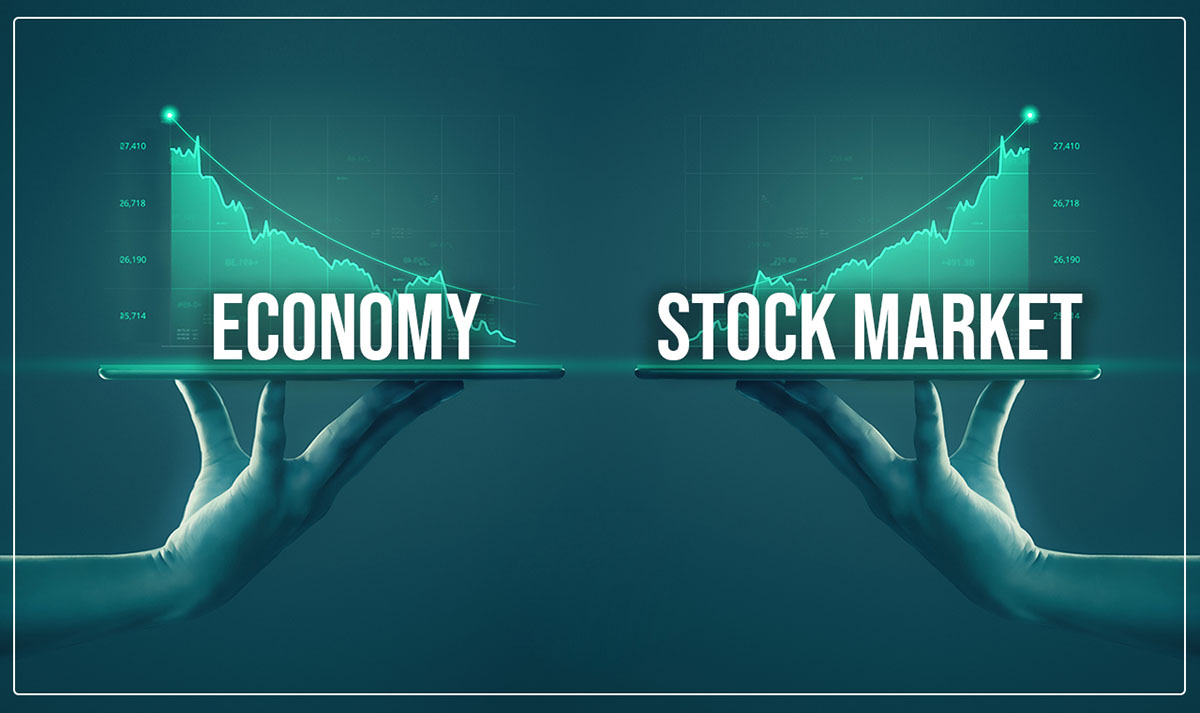

Finance
Free Market Definition & Impact On The Economy
Published: November 28, 2023
Learn the meaning of a free market and its profound impact on the economy. Explore the role of finance in this dynamic system and its potential for growth and prosperity.
(Many of the links in this article redirect to a specific reviewed product. Your purchase of these products through affiliate links helps to generate commission for LiveWell, at no extra cost. Learn more)
Understanding the Free Market: Definition and Its Impact on the Economy
Welcome to our Finance category, where we dive into the inner workings of the economy and the concepts that shape it. In this blog post, we’ll explore the fascinating world of the free market, its definition, and its profound impact on the economy. What exactly is a free market, and how does it influence economic growth and prosperity? Let’s find out!
Key Takeaways:
- The free market is an economic system characterized by voluntary transactions, limited government intervention, and the absence of barriers to trade.
- Free markets promote competition, innovation, efficiency, and consumer choice.
What is a Free Market?
A free market can be defined as an economic system in which resources are allocated through voluntary exchange, free of coercion and without significant government intervention. It is the antithesis of a command economy, where central authorities dictate every aspect of production and consumption. In a free market, individuals and businesses are free to buy and sell goods and services according to their own self-interest, guided by the invisible hand of supply and demand.
The Impact of the Free Market on the Economy
The free market’s impact on the economy is profound and far-reaching. Here are a few key points to consider:
- Promotes Competition: In a free market, competition thrives as businesses vie for consumers’ attention and dollars. This competition creates incentives for businesses to innovate, improve their products, and strive for efficiency to gain a competitive edge. Ultimately, it leads to better products, lower prices, and wider choices for consumers.
- Encourages Innovation: Free markets foster an environment that encourages innovation. Entrepreneurs are motivated to develop new ideas, products, and services because they have the freedom to reap the rewards of their successes. This drive for innovation fuels economic growth, creates job opportunities, and improves the overall standard of living.
But the impact of the free market on the economy doesn’t stop there. It also:
- Promotes economic efficiency by allocating resources to their most productive uses;
- Facilitates economic growth by attracting domestic and foreign investments;
- Provides a mechanism for adjusting prices based on supply and demand, resulting in equilibrium;
- Encourages specialization and the division of labor, promoting efficiency and increased productivity;
- Allows for the development of wealth creation, which contributes to societal well-being.
Without a doubt, the free market system has been instrumental in driving economic progress and prosperity throughout history.
Conclusion
In conclusion, the free market is an economic system characterized by voluntary transactions and limited government interference. It promotes competition, innovation, efficiency, and consumer choice. By allowing individuals and businesses to operate freely, it unleashes the potential for economic growth and prosperity. Understanding the free market and its impact on the economy is crucial for anyone seeking to comprehend the dynamics of the financial world.
